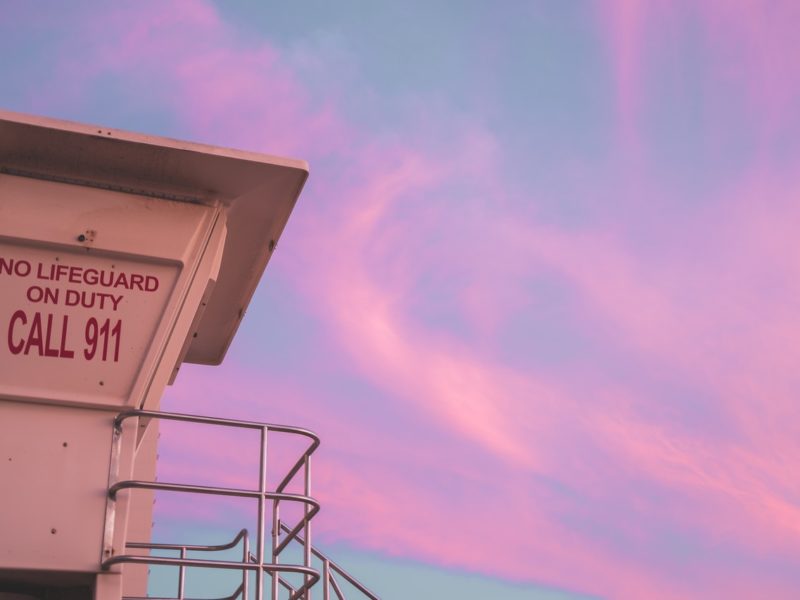COVID-19 has impacted nearly every aspect of life. Now, even as Massachusetts lifts its mask mandate and social distancing requirements, lasting effects of the pandemic have made their way to the state’s beaches, pools, and lakes. As beaches, pools, and lakes reopen at total capacity for the first summer since the height of the pandemic, communities throughout the Commonwealth have a big problem – there’s a lifeguard shortage. If you or a loved one has been injured, our Massachusetts pool accident lawyers can help today.
Where Have all the Lifeguards Gone?
For many, working as a lifeguard is both a fun and rewarding job. To become certified for two years, individuals must participate in a 30-hour program. The program consists of first aid and CPR training as well as a swim test. According to the Department of Conservation and Recreation (DCR), lifeguards must swim 500 yards in under 11 minutes and ocean lifeguards in under 9 minutes 30 seconds.
Unfortunately, when Governor Charlie Baker declared a state of emergency in March 2020, lifeguard certification and recertification classes were closed. Once they reopened, the state’s social distancing requirements kept the class sizes small. This problem was also impacted by the backlogging of temporary working visas for seasonal workers and foreign exchange students.
Between January and April 2019, the American Red Cross certified 98,570 lifeguards. In 2020, during the same span of months, the pandemic dropped this number to 51,811. From January to April 2021, 83,685 lifeguards have been certified, but the shortage still persists.
In need of lifeguards at state-run pools and beaches, the DCR is providing free lifeguard and CPR certification courses to qualified lifeguard candidates provided they work during Summer 2021.
How Does the Lifeguard Shortage Impact Safety?
The lifeguard shortage impedes the reopening of many community pools and beaches. But, public bodies of water are not the only areas at risk. Private pools such as those in apartment complexes, hotels, gyms, and resorts are all experiencing difficulties when it comes to finding lifeguards to hire too.
“Lifeguards are professional rescuers, trained to help prevent injuries and to respond in an emergency to help save a life. As part of a team, lifeguards must work together to calmly and efficiently manage crisis situations,” says the DCR.
With this in mind, the lifeguard shortage can have grim consequences. Officials fear a lack of lifeguards may increase the number of drownings in the state, which have recently spiked at an alarming rate. Most publicized was the June 4, 2021, drowning of Worcester Police Officer, Enmanuel “Manny” Familia, who went into a local pond to rescue a 14-year-old boy.
The shocking amount of drownings just within the past month raises another serious issue.
During the height of the COVID-19 pandemic, swim lesson providers, such as the YMCA, were forced to close their doors. As a result, there are even more inexperienced swimmers than usual.
The lifeguard shortage and influx of inexperienced swimmers can be frightening, especially to parents of young children. However, there are plenty of preventative measures that can be taken to prevent accidental drownings and other swimming pool accidents.
What Can I Do to Prevent Injury During the Lifeguard Shortage?
Unintentional drowning is a significant problem in the United States. Children, in particular, are at great risk of harm. According to the CDC, one in five unintentional drowning victims is a child 14 or younger.
Simple acts can prevent accidents.
- Take swimming and CPR lessons – Formal swimming and CPR classes can be costly. However, participation in these learning opportunities can drastically decrease the likelihood of drowning.
- Encourage lifejackets – Parents should not rely on water wings. Small children and individuals without swimming skills should always wear a lifejacket. Adults and children should always wear lifejackets when riding boats regardless of swimming talent. Using lifejackets can prevent half of boating deaths.
- Swim in pairs of two or more – It is always best to swim with another person in case of emergency. Even adults face risks by swimming on their own, especially given the lifeguard shortage.
- Avoid drinking alcohol – Alcohol consumption can be hazardous, as it impairs senses and coordination. In some instances, delayed reaction times can have fatal impacts. During drowning incidents, every second matters.
- Don’t encourage “hold your breath” games – Children commonly challenge each other to see who can hold their breath the longest underwater. While these games seem innocent, they can cause participants to pass out underwater and drown.
- Install four-sided fencing – If you’re a pool owner, you are likely to know the potential dangers of leaving it unattended. To prevent unintentional drownings, install a four-sided fence made out of material difficult to climb.
- Supervise children – When taking your kids to a pool, beach, lake or other body of water, never take your eyes off of them. Even a few distracted seconds can cause tragic outcomes. This is particularly true when supervising inexperienced swimmers.
- Keep emergency equipment on hand – Always have a cell phone nearby, life jackets, and scissors to cut loose caught material if needed.
Have You Been Involved in a Pool Accident Injury?
At Keches Law Group, we understand pool accidents can have life-changing impacts. If you or someone you know has been injured, contact us today. Our Massachusetts pool accident lawyers will assist you.





